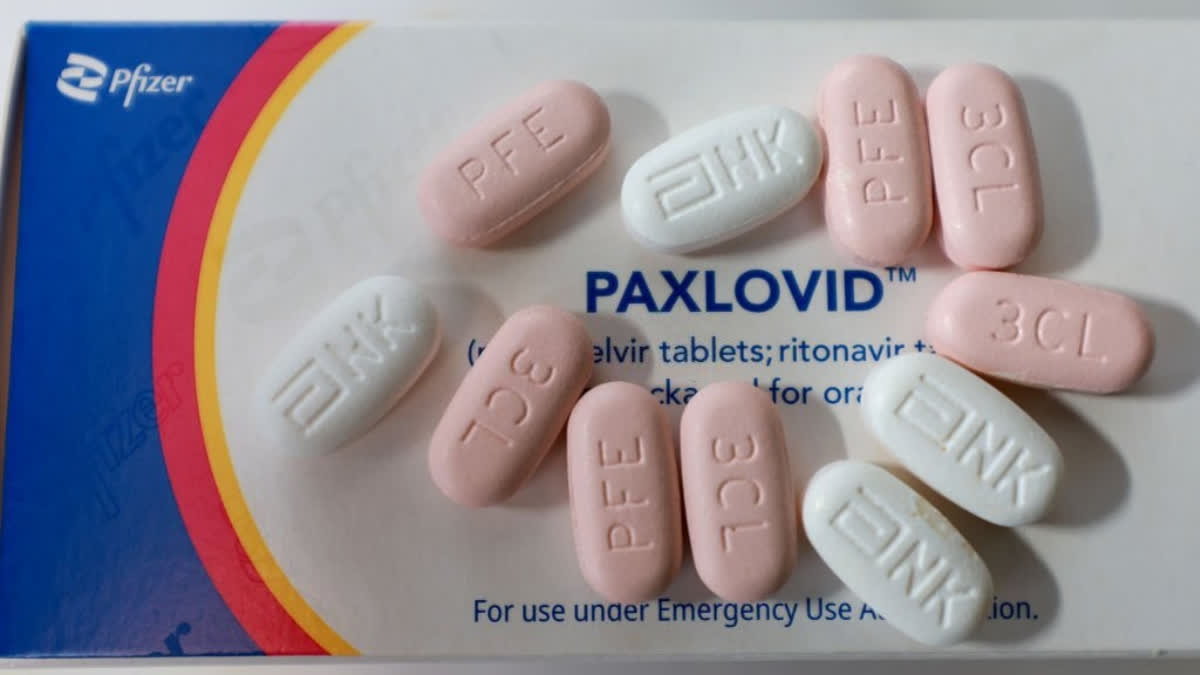New Delhi: A new research provided evidence of viral resistance to Paxlovid among SARS-CoV-2 variants currently circulating globally, indicating that this stand-alone drug could soon become less effective in treating COVID-19 infections. The research showed that simple single amino acid changes in SARS-CoV-2 main protease could severely undermine efficacy of these antiviral drugs. The study, conducted by the Midwest Antiviral Drug Discovery (AViDD) Center, US, is published in the journal Science Advances.
Scientists showed that drug-resistant variants have appeared multiple times independently in different parts of the world, with regional clusters providing evidence for person-to-person transmission. In addition to showing resistance to the protease inhibitor nirmatrelvir, the active component of Paxlovid, the scientists found that a different set of mutations currently in circulation can transfer resistance to ensitrelvir (Xocova), a protease inhibitor now approved in Japan.
Also read: International Day of Zero Waste: Beat Waste Pollution
"Although our study demonstrates the existence of natural circulating SARS-CoV-2 variants with resistance to two different drugs, the good news is that their resistance profiles are distinct. This means that if one of these drugs fails due to emergence of resistance in viral variants, the other drug may still work," said Reuben Harris, co-director of the Midwest AViDD Center.
Further research is likely to develop additional next-generation protease inhibitors with different resistance profiles, as well as drugs that target different viral processes such as replication or cell entry, the scientists said. A multi-drug approach - like existing therapies for HIV and Hepatitis C virus - could further help to protect against resistance and cure SARS-CoV-2-infected individuals, they said. They also said that protease inhibitors must be carefully designed to avoid simple resistance mutations to lower the risk of resistance.
"Despite Paxlovid's proven success in blunting COVID-19 symptoms, the long-term consequences of its widespread use in speeding up resistance are unknown," said S. Arad Moghadasi, co-author of the study and a University of Minnesota Medical School (US) graduate student. "Drugs with the highest barriers to resistance are likely to prove more effective and have longer-term durability," said Moghadasi. (PTI)



